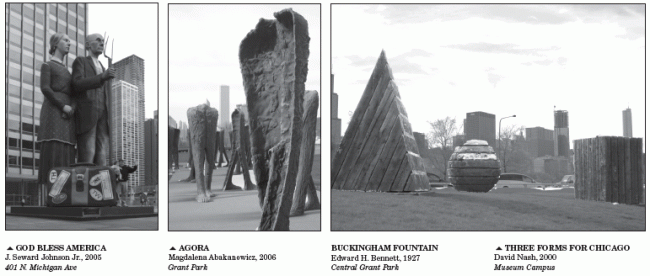Chicago’s Newberry library is most likely the city’s most interesting cultural institution that you have never visited. The Newberry is a research, rather than lending library, and the use of their resources is contingent upon membership; while becoming a member of the library is relatively simple, the added requirements do deter some casual visitors. Yet, those who persevere will be rewarded with an impressive array of original manuscripts, maps, first edition books—even medieval illuminated texts.
After exploring the Newberry’s vast and, often rare, holdings, it is obvious why their collection does not leave the building. Despite their fixed location, the texts contained in the Newberry offer a wealth of primary source information for scholars, academics and researchers in a wide range of fields.
A natural extension of the Newberry’s mission is the work of the Dr. William M. Scholl Center for American History and Culture, one of several scholarly centers in residence at the library. The Scholl center is focused on research and education in the humanities, devoting resources to the creation of curriculum materials and other educational tools for a range of age groups. A pivotal component of this mission is an ongoing conversation between academics and scholars whose points of intersection may take place outside the bounds of traditional disciplines. The Scholl’s seminar in the History of Labor has provided lively discussion for over thirty years, while other seminars deal with Early American History, Women and Gender, Rural History and Sports and Culture, just to name a few. The operating principles are fairly simple: calls for papers are announced yearly, with an emphasis placed on works in progress; the papers are disseminated a week prior to the seminar and interested participants—retired and current professors, graduate students, independent scholars—meet for several hours to discuss these papers and help the author to further develop their work. Unlike the library, these seminars require no membership or particular credentials, simply an interest in the topic at hand.
The most recent addition to this battery of workshops is the newly appointed Seminar in American Art and Visual Culture, a joint project of Sarah Burns, an art historian who teaches at Indiana University; Greg Foster-Rice, a photo theorist and art historian who teaches at Columbia College ;and Diane Dillon of the Newberry. The inaugural meeting offered a glimpse of the productive and exciting nature of such projects, bringing together a broad range of interested parties—a cartographer, current Phd and Masters students, and several curators from the Art Institute, for example—to discuss several recently developed websites, and their pedagogical and research potential. Most noteably, the website Lincoln at 200, a joint project of the Newberry Library and the Chicago History Museum, provided access to a discussion about the archival and pedagogical presence of websites, particularly in regards to their use by major cultural institutions. Questions were raised about the benefits of extensive linking, taking readers away from the site, and the possibilities of user-generated content within a site with scholarly intent. The relatively short format of the seminars (two hours, in this case) allows for a discussion that generatively seeks questions, rather than attempts to find easy answers. One leaves this seminar with the sense that the true work is not only in the discussion within the room, but with the connections made, both between ideas and scholars.
For students of Art History, Visual Culture or those simply interested in the shape of academic discourse outside of a school setting, this seminar holds a great deal of promise as a site of conversation, connection and a space in which traditional disciplinary boundaries are tested and perhaps bridged.









For information about using the Newberry’s collections and getting a reader’s card, visit http://www.newberry.org/collections/access.html.
The short answer is: the Newberry Library’s Reading Rooms are open to researchers who are at least 16 years old or juniors in high school. Before using the collections, all researchers must apply for and receive a Newberry Library Reader’s Card. Reader Cards are issued on the 3rd floor of the Library. Valid photo ID, proof of current home address, and a research interest that is supported by the Newberry’s collections are required for issuance of a Reader’s Card.
Thanks!